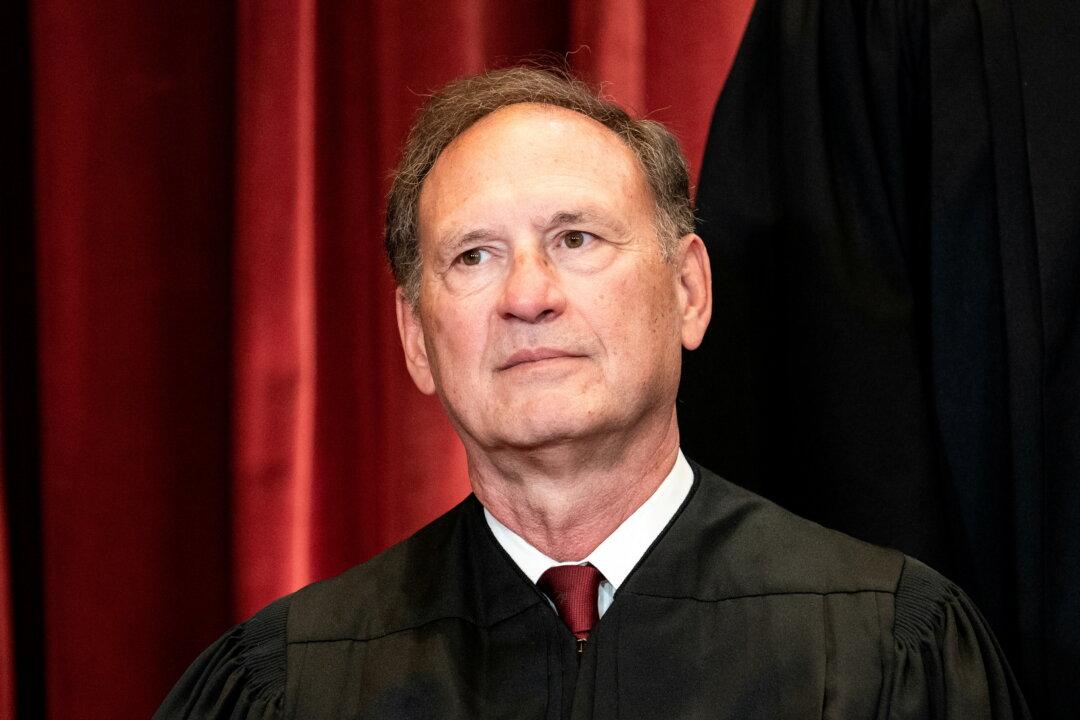The Supreme Court ruled 6–3 on June 23 that police can’t be sued for failing to read an accused person his Miranda rights before moving forward with questioning.
The court’s landmark 1966 ruling in Miranda v. Arizona generally prevents criminal courts from accepting as evidence against a criminal defendant any self-incriminating statement made by that defendant while he’s in custody unless he first receives certain warnings spelled out in the Miranda decision. Critics have long decried Miranda as a judicial invention outside the U.S. Constitution that allows criminals to escape justice.





